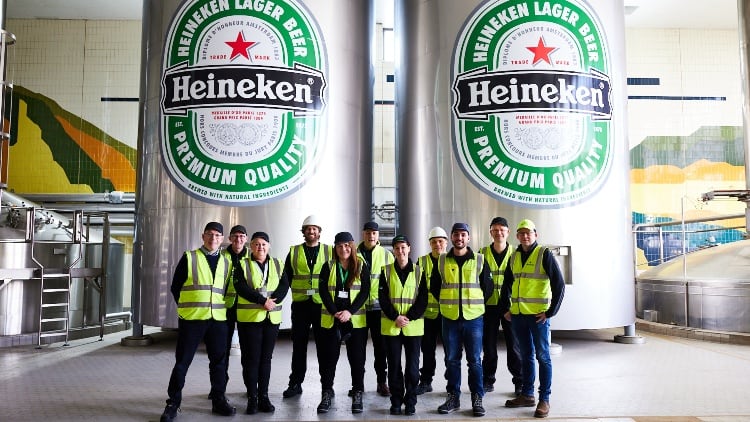Researchers at the University of California, Irvine (UCI) and the University of Colorado Boulder found that reducing food spoilage has an unintended consequence for the environment.
This reduction in waste food increases the amount of produce on the market, which in turn leads to lower costs. Cheaper food encourages people to buy and eat more, offsetting the lowering of greenhouse gas emissions when goods reach tables.
“Let’s say the price of cereals goes down because of improvements in food system efficiency; now you can afford to eat the same amount more often,” explained lead author Margaret Hegwood, a Ph.D. candidate in the Cooperative Institute for Research in Environmental Sciences at CU Boulder.
Offsetting the benefits
“Consumers respond to these price decreases, purchasing more than they had before, which offsets some of the benefits of reducing the food loss and waste.”
Co-author Steven Davis, UCI professor of Earth system science, acknowledged that the elimination of food loss and food waste had long been promoted as a way to reduce adverse environmental impacts of food production.
“There is a sound basis for this reasoning: Loss and waste along the supply chain accounts for as much as a quarter of global food system greenhouse gas emissions and 6 percent of total emissions worldwide,” he continued.
However, Davis and his fellow researchers found in their modelling a ‘rebound effect’ whereby efficiency improvements cause price decreases and consumption increases. They suggested that this outcome could offset up to 71% of the benefits of cutting down on food loss and waste.
Shifting the supply and demand curve
Matt Burgess, co-author and assistant professor at the CU Boulder Institute added: “Our model basically formalised Econ 101: Reducing food loss and waste shifts the supply and demand curves, respectively.
“How sensitive supply and demand are to prices – which we get from previous research – then determines how much we project food prices and consumption will change.”
Davis concluded there was a tension between the two objectives of eliminating food waste and increasing food security.
“Improving supply chain efficiency and thereby lowering food costs could help make food more affordable in less-advantaged countries. But, especially in those places, we may need to adjust our expectations about the environmental benefits of avoiding waste and loss.”
Meanwhile, Food Manufacture explores the way in which food firms can integrate circular design into their businesses and the pitfalls they need to be wary of in their journey towards a circular economy.





